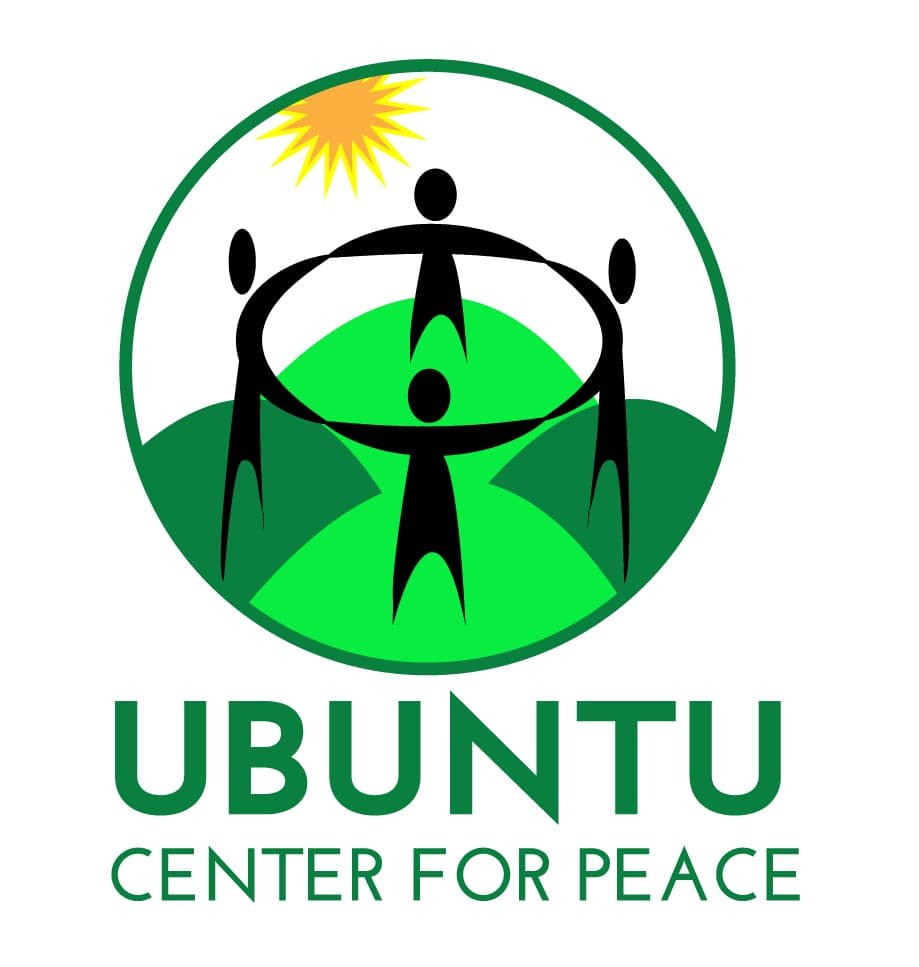Building more rigorous evidence: a big step on the path to scaling up
The Ubuntu Center for Peace’s community-based social healing model has been piloted and iterated on in the Southern Provinces’ communities of Rwanda, with encouraging results. Over 60% of participants have recovered from their depressive, anxiety and trauma symptoms, and most of them have improved their relationships with their families, neighbors and their work productivity as demonstrated in the program outcome reports. However, it is unimaginable to think about scaling up our program model without rigorous evidence of impact. This year, Ubuntu Center for Peace is undertaking a Randomized Controlled Trial (RCT) study to generate more robust evidence of our model effectiveness in partnership with and under the sponsorship with the Trauma Research Foundation.
Trauma symptoms are common in Sub-Saharan Africa especially in conflict-affected countries where the prevalence of mental disorders is estimated at 22.1%. In post-genocide Rwanda, 1 in 5 people in the general population and 1 in 2 in genocide survivors, live with mental disorders, predominantly PTSD, depression, anxiety disorders. Unfortunately, over 85% of people who need mental health services have no access to the existing, individualized and often medicalized mental health services. A trauma-informed, culturally sensitive, accessible and scalable community-based approach linked with the existing healthcare system, delivered by lay providers with on-going group support may be better suited to the needs of the people.
In Rwanda, Ubuntu Center for Peace (UCP) has successfully piloted a community-based social healing model that resonates with the community members. The model integrates breath-centered body-mind practices, collective narrative (Tree of Life), and local rituals. They are provided by Community Healing Assistants (CHAs) who are recruited from the community, trained and supervised by professional psychologists to lead healing practices in therapeutic groups of 18-20 people each, meeting once a week for 15 weeks. They then transition to long-term support or self-help groups and create additional socio-economic activities including lending circles, solidarity work, and business or farming cooperatives to sustain healing, health and resilience.
While studies of individual interventions report beneficial effects of breath-centered mind-body practices, narrative practices, or rituals, little is known about the integration of all three practices, particularly in community settings and in developing countries. The proposed research will evaluate the impact of the community-based social healing model on mental health in post-genocide Rwandans, hence generating more robust evidence. This will be used to actively engage policymakers, funders, scholars, and civil society leaders in Rwanda and the African Great Lakes region in informed conversations to scale up the impact. The study will be conducted by a team of renown researchers including Dr. Patricia Gerbarg; Dr. Richard P. Brown; Stefan Jansen, PhD; Epaphrodite Nsabimana, PhD ;Dixon Chibanda, PhD and Claudio Lucarelli, PhD
